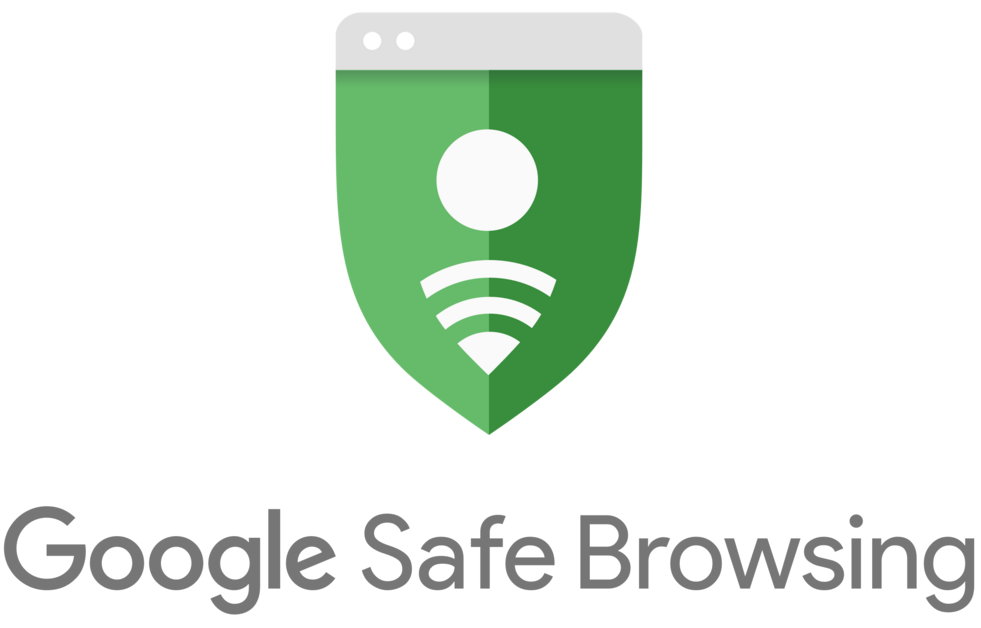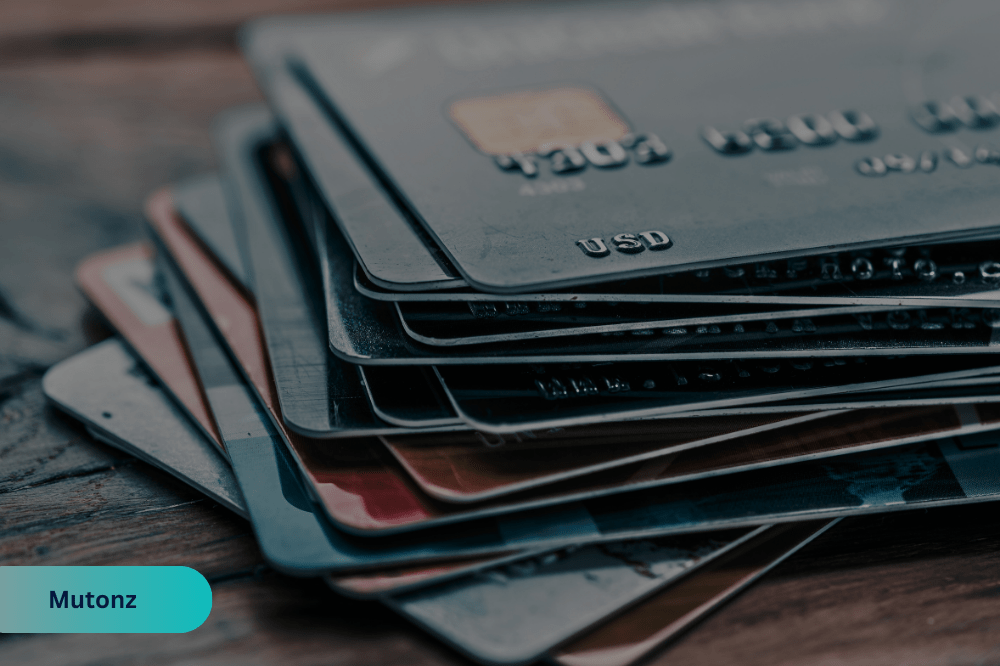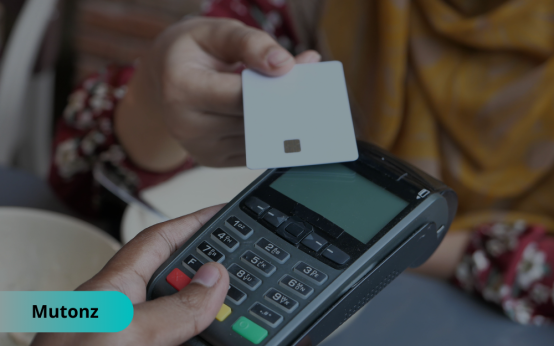It's no secret that credit cards are more and more present in people's lives. They are convenient and offer flexibility and many perks that make them a popular choice for managing expenses. But do you know how credit cards work and why is it different than debit cards?
Well, that's exactly what we are going to talk about today. Additionally, we're going to show you what factors you should you consider when choosing a credit card. Without further ado, let’s delve into these subjects, so you can use credit cards as a powerful tool to enhance your financial life.
How Do Credit Cards Work?
To better understand how credit cards work, first you need to understand who are the people involved during transactions. Here they are:- Card Issuer: the bank or financial institution that provides the credit card, setting your credit limit, interest rates, and any applicable fees.
- Card Network: organizations such as Visa, Mastercard, or American Express that facilitate the transaction process between the merchant and the card issuer.
- Merchant: the business or retailer where the credit card is used to make a purchase.
- Cardholder: the person authorized to use the credit card and responsible for repaying the borrowed funds.
- Initiating the Purchase: when you buy something in a store, you can swipe your card, insert it into a chip reader, or tap it on a contactless terminal.
- Authorization: the merchant sends transaction details to the card network, which forwards the request to the issuer. The issuer then checks whether your account is in good standing and if there’s enough available credit to approve the purchase.
- Approval and Settlement: once the issuer approves the transaction, an authorization message is sent back through the card network to the merchant, who receives payment electronically.
- Billing and Repayment: at the end of your billing cycle, you’ll receive a statement outlining your purchases, fees, and the minimum payment required.
Credit Card 101
- Credit Limit: this is the maximum amount of money you can spend on your card. Your credit limit is determined by your creditworthiness, income, and other factors.
- Billing Cycle: credit cards operate on a monthly billing cycle. During this period, you can make transactions up to your credit limit.
- Interest Rates (APR): if you don’t pay your balance in full, the lender charges interest on the remaining balance. This is expressed as an annual percentage rate (APR).
- Rewards and Benefits: many credit cards offer rewards such as cashback, points, or miles for purchases. Some also provide additional perks like travel insurance, extended warranties, and fraud protection.
- Fees: credit cards may have associated fees, including annual fees, late payment fees, or balance transfer fees.
Credit Card vs. Debit Card
- Source of Funds:
- Credit Card: borrowed funds from the card issuer.
- Debit Card: your own money from a linked bank account.
- Credit Building:
- Credit Card: helps build and improve your credit score when used responsibly.
- Debit Card: does not impact your credit score.
- Interest Charges:
- Credit Card: may accrue interest if balances are not paid in full.
- Debit Card: no interest charges since you’re using your own money.
- Fraud Protection:
- Credit Card: typically offers stronger fraud protection and liability limits.
- Debit Card: may provide fraud protection, but funds can be immediately withdrawn from your account during a dispute.
- Fees and Rewards:
- Credit Card: may have annual fees but often provides rewards and perks.
- Debit Card: usually fee-free but lacks significant rewards.
What Credit Card Should I Get?
Choosing the right credit card depends on your financial needs, spending habits, and credit profile. Here are some things you should consider:Understand Your Spending Habits
- Rewards Cards: if you spend frequently on groceries, travel, or dining, consider a card that offers rewards in these categories.
- Low-Interest or Balance Transfer Cards: if you plan to carry a balance, or tranfer a balance, look for cards with low-interest rates or balance transfer offers.
Compare Different Credit Card Types
- Cashback Cards: provide cashback on purchases.
- Travel Cards: earn points or miles for travel expenses.
- Rewards Cards: earn points that can be redeemed for many options.
- Secured Cards: require a deposit and are ideal for building credit.
Assess Your Credit Score
- Excellent Credit: cards with premium benefits and high rewards usually require a better score.
- Limited Credit: secured cards or student cards are great options if you’re building or rebuilding your score.
Evaluate Card Fees
- Consider whether the benefits of a card outweigh its annual fee.
- Avoid cards with high fees if you’re looking for a budget-friendly option.
Look for Additional Perks
- Travel benefits like lounge access or travel insurance.
- Purchase protection, extended warranties, or rental car insurance.



 Financial Scams in the U.S.: What to Watch Out For Right Now
Financial Scams in the U.S.: What to Watch Out For Right Now  How to Invest With Little Money: A Beginner’s Guide
How to Invest With Little Money: A Beginner’s Guide  Tips for Using a Credit Card Without Hurting Your Credit Score
Tips for Using a Credit Card Without Hurting Your Credit Score